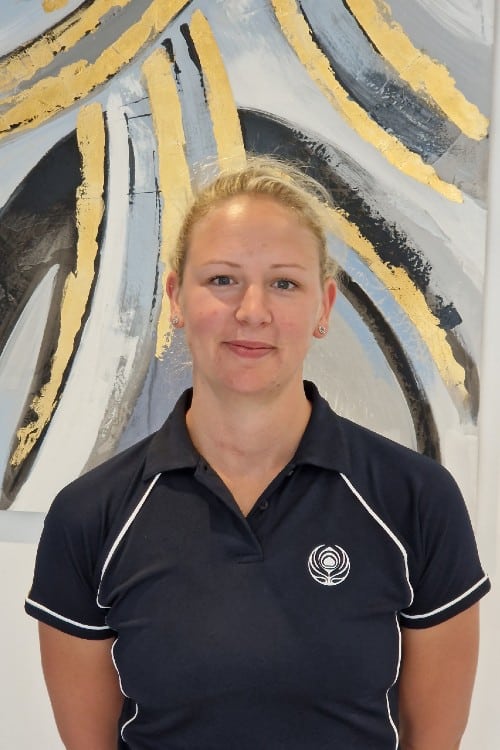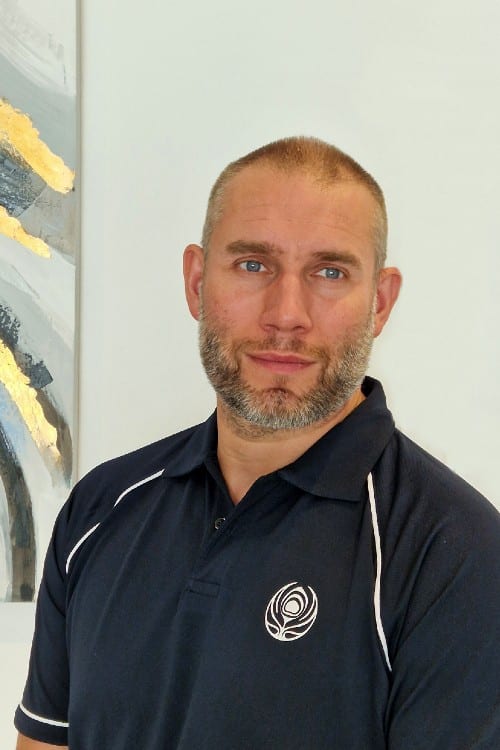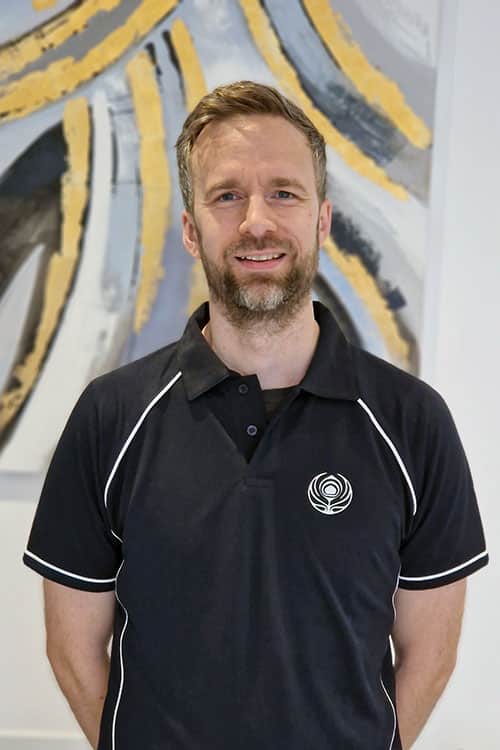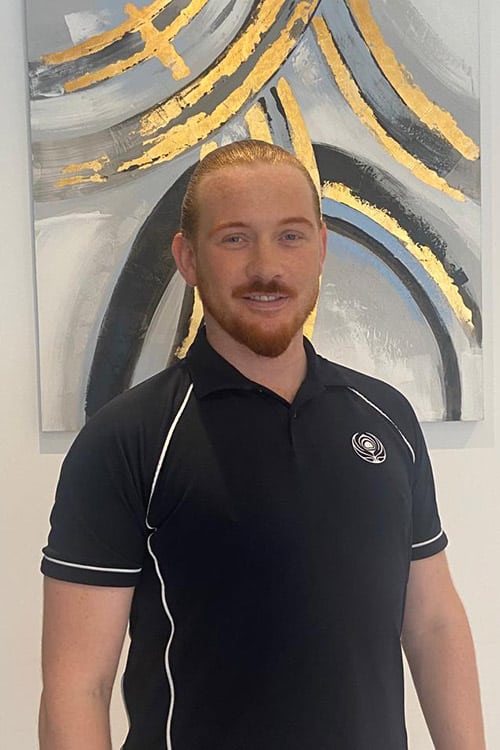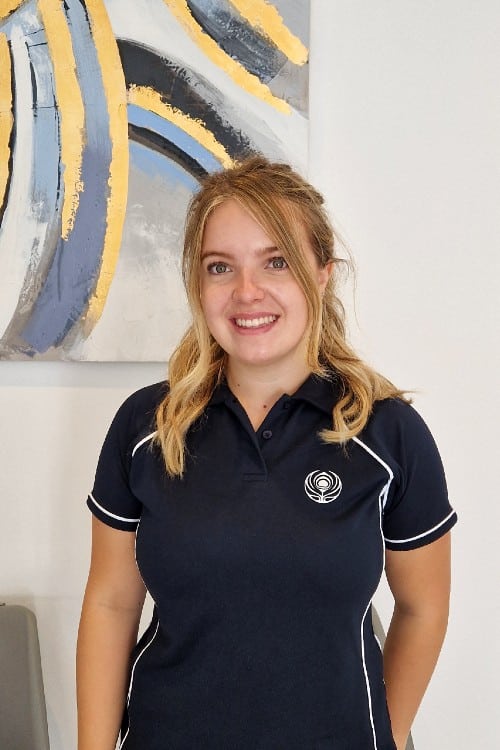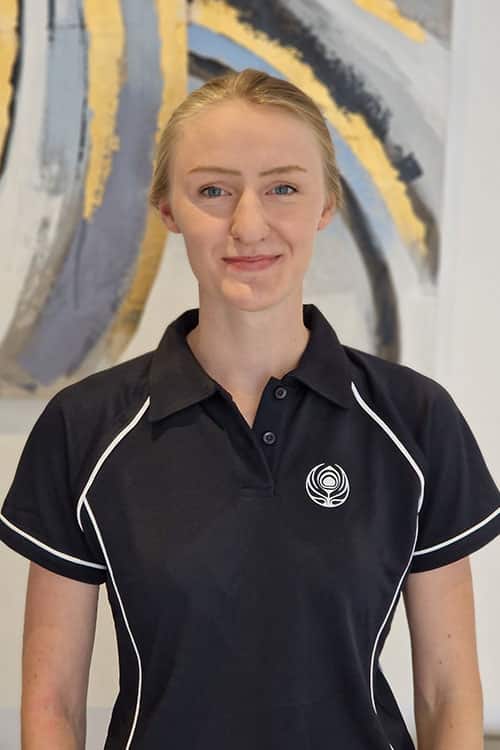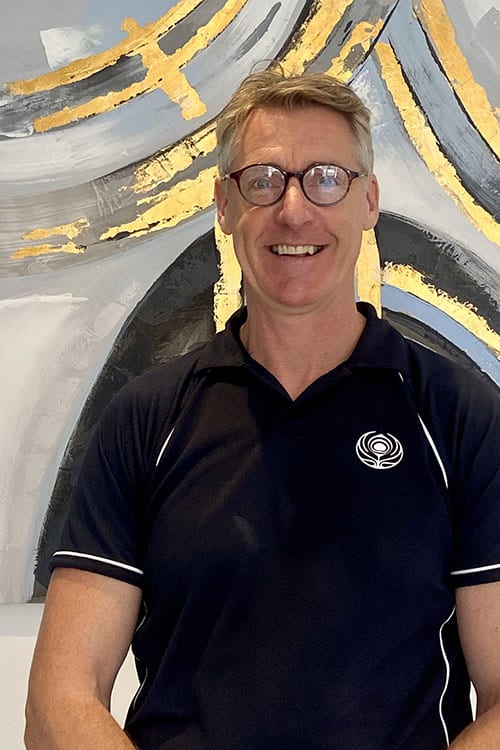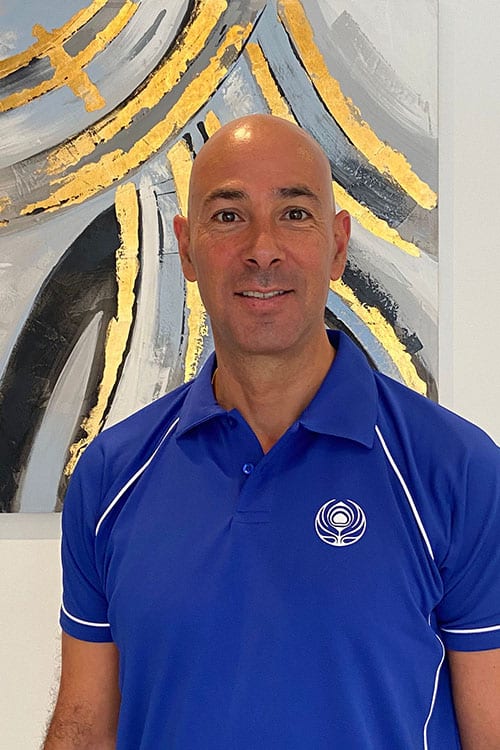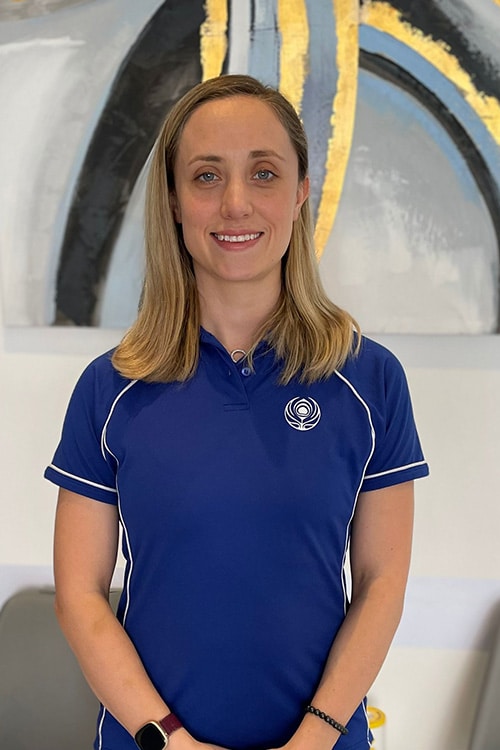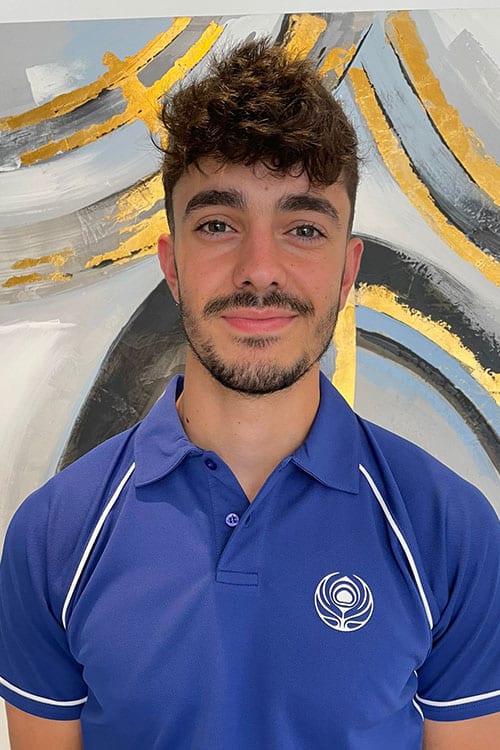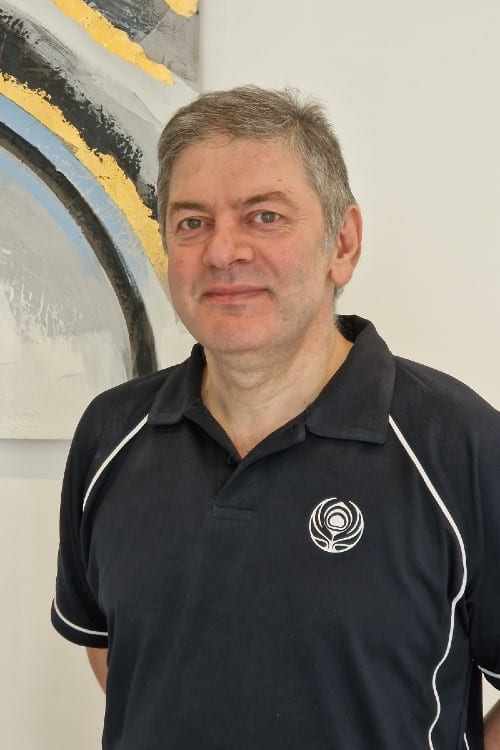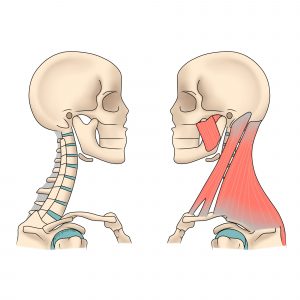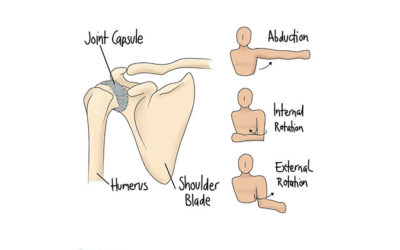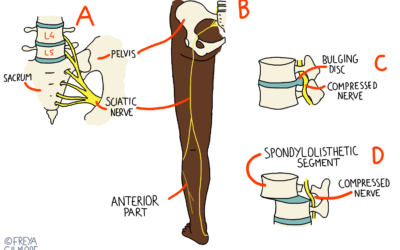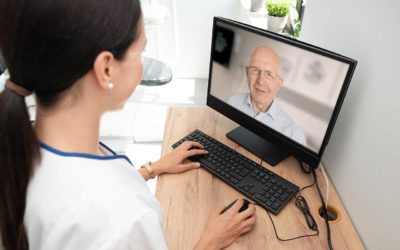Counselling & Psychotherapy
Counselling and psychotherapy provides a confidential space to talk about your thoughts, feelings and behaviours to support better mental health.
About Counselling & Psychotherapy
Counselling and psychotherapy provides a confidential space to talk about your thoughts, feelings and behaviours to support better mental health.
Psychotherapy is a type of talking therapy, designed to help with a wide range of issues, relating to a specific problem or a clinical diagnosis such as depression, anxiety, PTSD or eating disorders.
Sessions normally last 50 minutes, where your therapist will listen to you without judgement and provide an understanding, confidential space to explore your thoughts, feelings, and behaviours. A therapist will not offer advice or prescribe medication but will help you find your own solutions and coping mechanisms.
A therapist might ask you about:
- your relationships
- your childhood
- your feelings, emotions or thoughts
- your behaviour
- past and present life events
- situations you find difficult
Therapy can provide better understanding of yourself, the problems you are facing, and of others. With this, comes the ability to make different decisions that create change in your life.
What to expect from your sessions? Your questions answered
What is the difference between counselling and psychotherapy?
There is lots of crossover between counselling and psychotherapy. Generally, counselling tends to be slightly more problem specific and shorter term while psychotherapy is a longer, more in-depth exploration of issues. Psychotherapists have often undergone slightly longer trainings and have also been in personal therapy for a number of years in order to qualify. Neither is better than the other and you need not decide between them. Therapists can work in a way that best suits the client.
How often should I have therapy sessions?
Therapy sessions usually take place weekly. This allows for adequate time to reflect and absorb the information each week, but not so long that information is forgotten. However, you are in charge of your own schedule, and this can be discussed during sessions in more depth.
How long until I see results?
Therapy is not a linear process. It can often feel like you’re becoming more confused, before the smoke eventually starts to clear. There is no timeline for results, nor can any therapist guarantee to achieve the change you desire. Some people can find just a couple of sessions useful, while others benefit from months or years of support. If you don’t think therapy is working for you, it is important to discuss this during your session.
Do you offer telephone or online therapy?
Ruth offers in-person and online therapy sessions but does not offer telephone appointments.
You can find out more about Ruth here. Please make contact with Ruth directly for therapy sessions by emailing info@ruthwhymantherapy.com.
Price list
For counselling and psychotherapy sessions
Initial appointment
On-going appointments
Book here
Read the latest on our blog
Find out more about how osteopathy can help you manage and prevent injury and pain.
Symptoms, causes and management of frozen shoulder
Frozen Shoulder refers to a specific condition, not just general shoulder stiffness. The cause is often unknown, but the effect is stiffening of the shoulder capsule: the fibrous tissue that surrounds the joint. It’s an inflammatory condition, known officially as Adhesive Capsulitis.
Sciatica and Osteopathy
One of the most common complaints we see in clinic is Sciatica. Freya Gilmore tells us more about the causes and treatments.
Telehealth in Osteopathy
In these unprecedented times, there comes a need for innovation and lateral thinking to continue to provide our patients with excellent care and service. Telehealth, while reasonably new in Osteopathy, aims to bridge a much-needed gap in health communication. In this blog, we will explore what Telehealth is, discuss what to expect in an online consultation, and answer some common questions.

